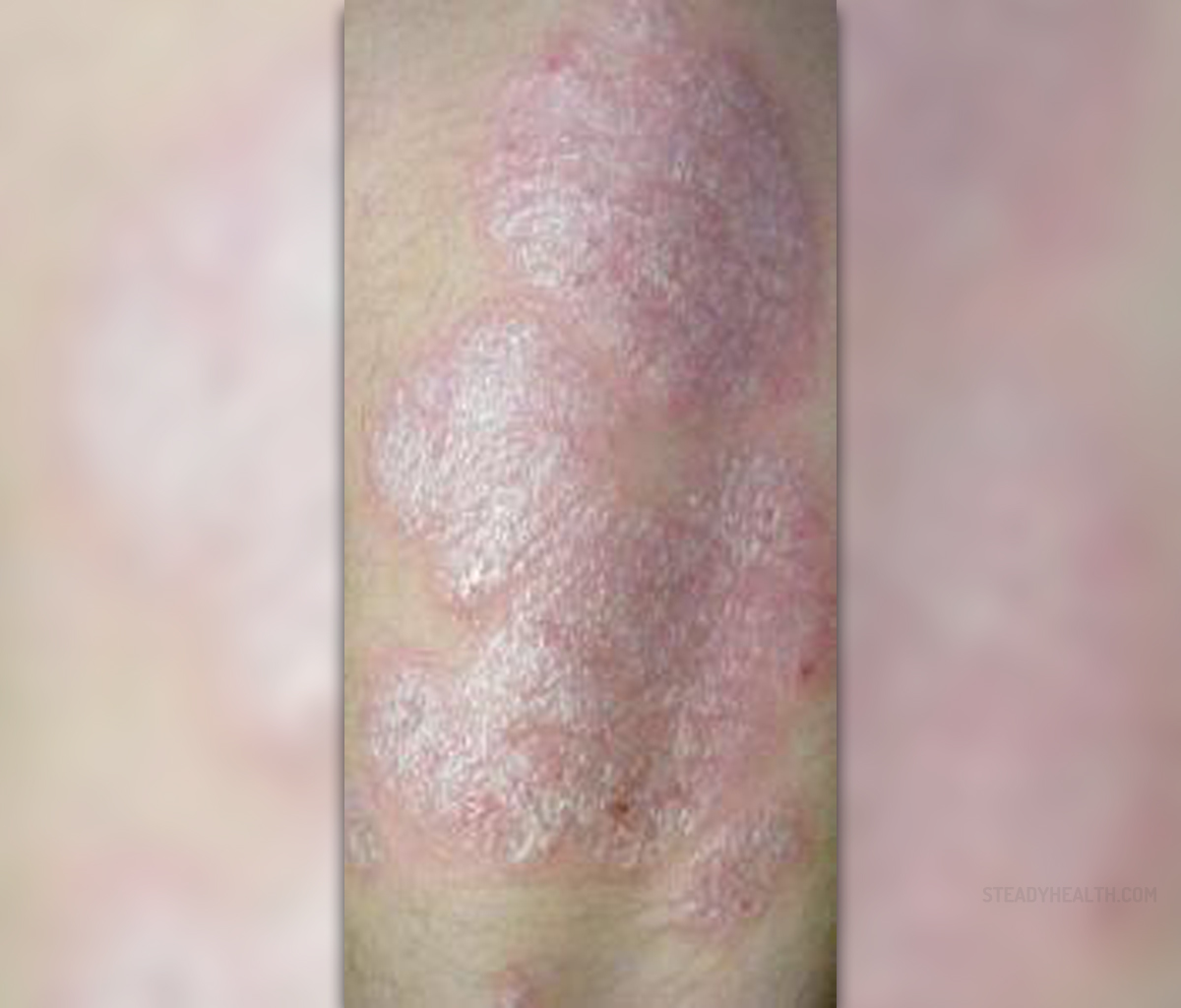
Psoriasis is a skin condition characterized by rapid reproduction of skin cells, which results in redness and dry, flaky patches of thickened skin. It is a non-contagious, long term or chronic condition that comes in periods of improving and worsening.
This condition can affect anyone, regardless of race, sex and age. It is usually first diagnosed in early adulthood.
Symptoms of psoriasis
The main symptom of psoriasis are patches of red, raised and thick skin. It usually affects the scalp, elbows and knees. It can also appear in the form of small red bumps, large plaques of red, scaly skin or patches of pink, mildly dry skin.
There are several types of this skin condition, including psoriasis vulgaris, which is the common type, guttate psoriasis with small, drop-like spots, inverse psoriasis that affects the skin folds and pustular psoriasis, characterized by small, pus-filled blisters.
Psoriasis also causes genital lesions and patches in the navel or between the buttocks, which is often confused with other conditions, like yeast or staph infections.
On the scalp, psoriasis looks like large flakes of dandruff.
Psoriasis can also affect the nails. It usually appears as tiny, pinpoint holes or depressions, or as small white spots on the nails. Nail psoriasis is often misdiagnosed as fungal nail infection.
Finally, psoriasis may appear on the genitals as well, for example on top of the penis. Genital psoriasis is not a sexually transmitted disease.
Causes of psoriasis
Causes of psoriasis can roughly be divided into genetic causes, immune system causes and environmental causes.
Scientists have found gene mutations that are linked to psoriasis. One of these mutations, on chromosome 6, is believed to be the major genetic factor for psoriasis.
As for the immune system causes, the reason for psoriasis probably lies in overactive T-cells. In a normal immune system, the body produces antibodies that fight foreign agents. White blood cells, aside from antibodies, also produce T-cells, special chemicals that participate in the defense of the body.
When T-cells are overactive, they attack the skin cells, making them multiply abnormally. Healthy skin cells form, mature and shed over the course of approximately 30 days, while in psoriasis this process is finished in three to six days. In addition, T-cells normally produce healing chemicals for the skin. In psoriasis, they produce too much of it, which results in inflammation.
In addition to these causes, there are certain environmental causes that can trigger the onset of psoriasis. This usually happens to people who already have a genetic predisposition for this skin condition.


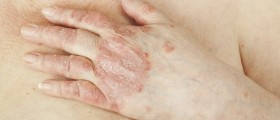
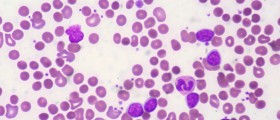
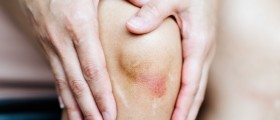
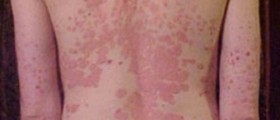
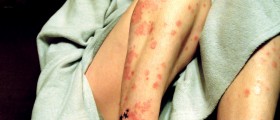
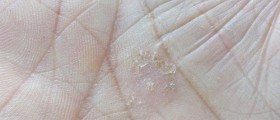






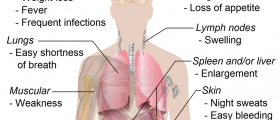


Your thoughts on this
Loading...